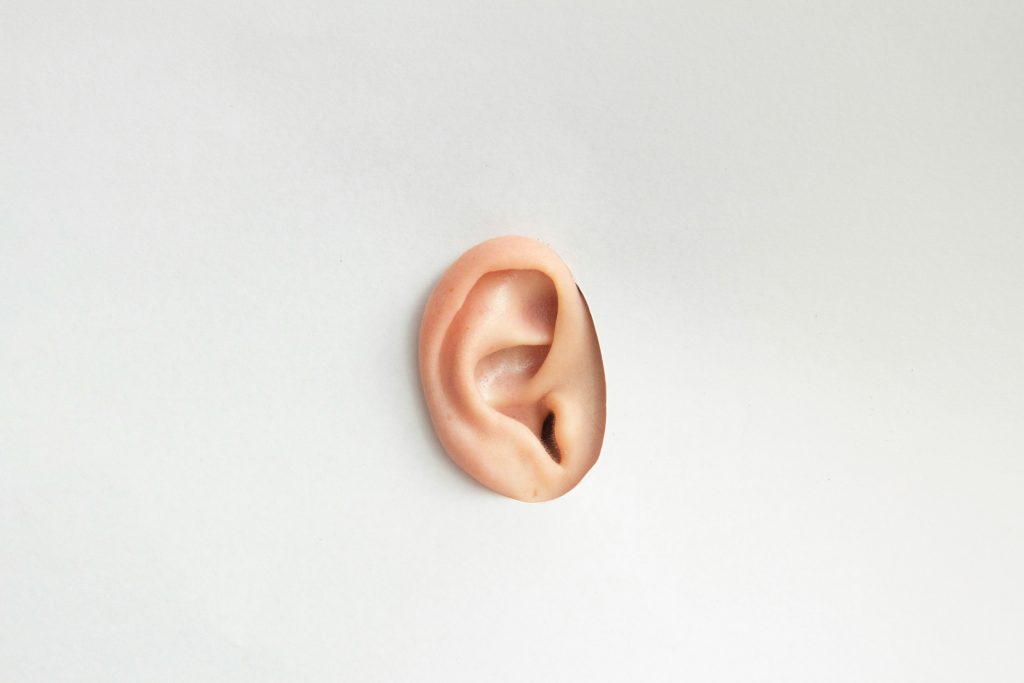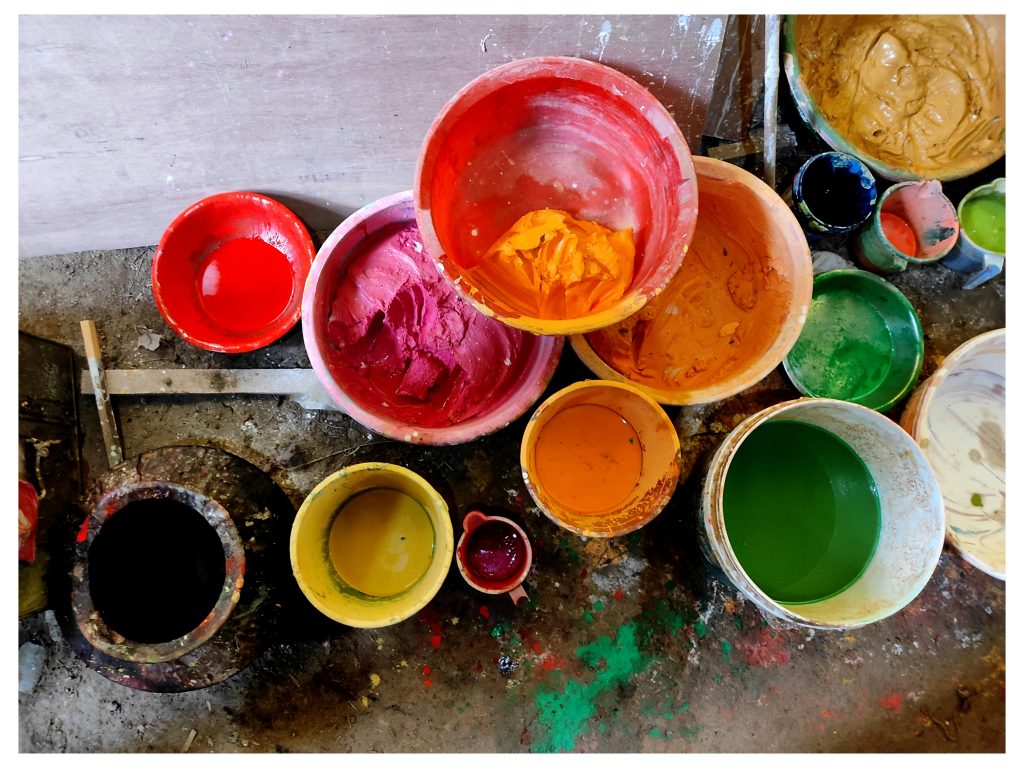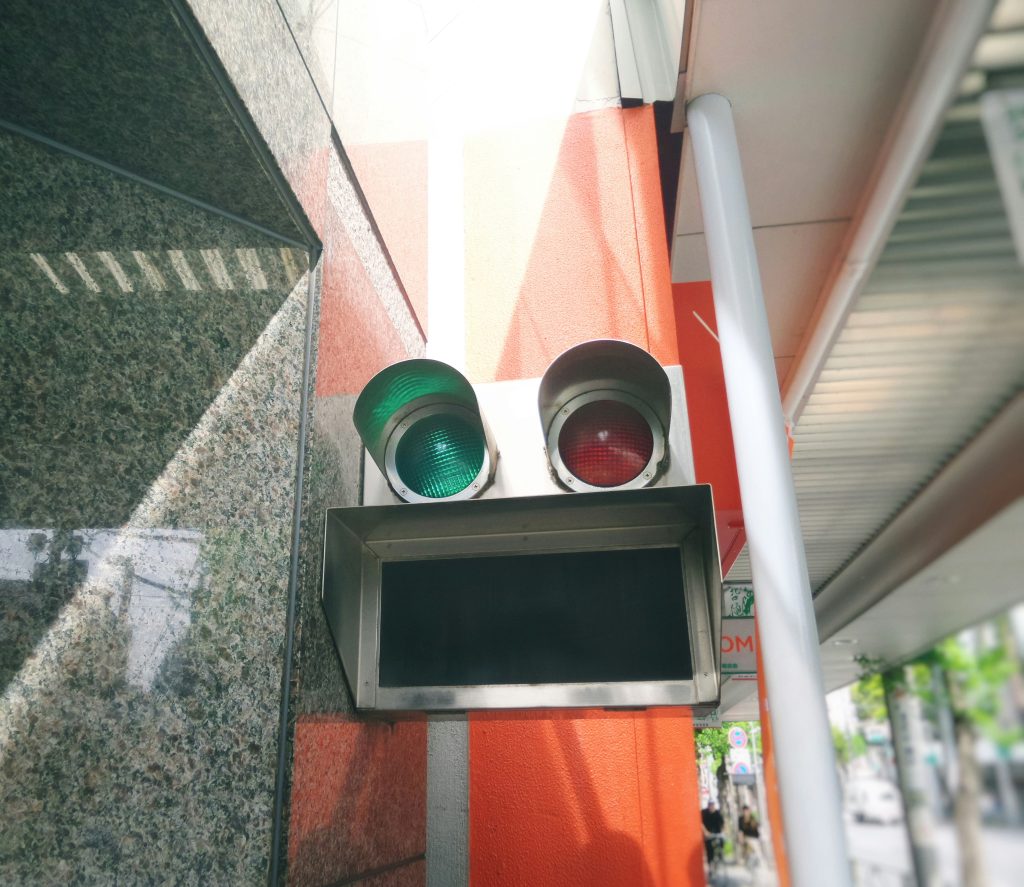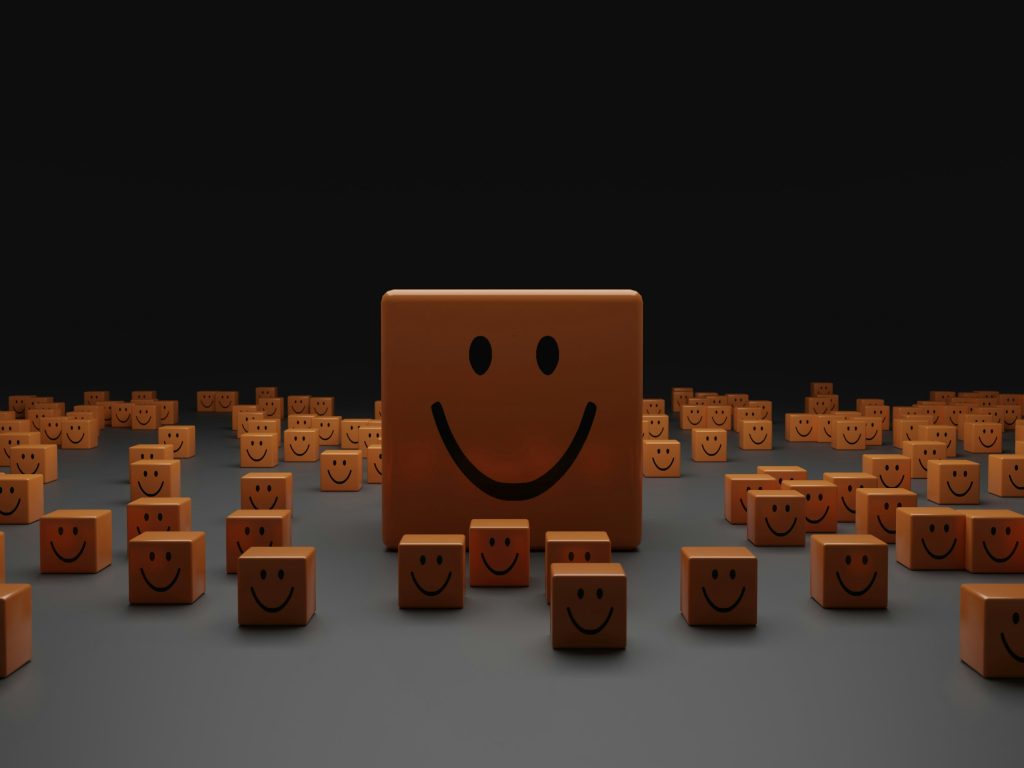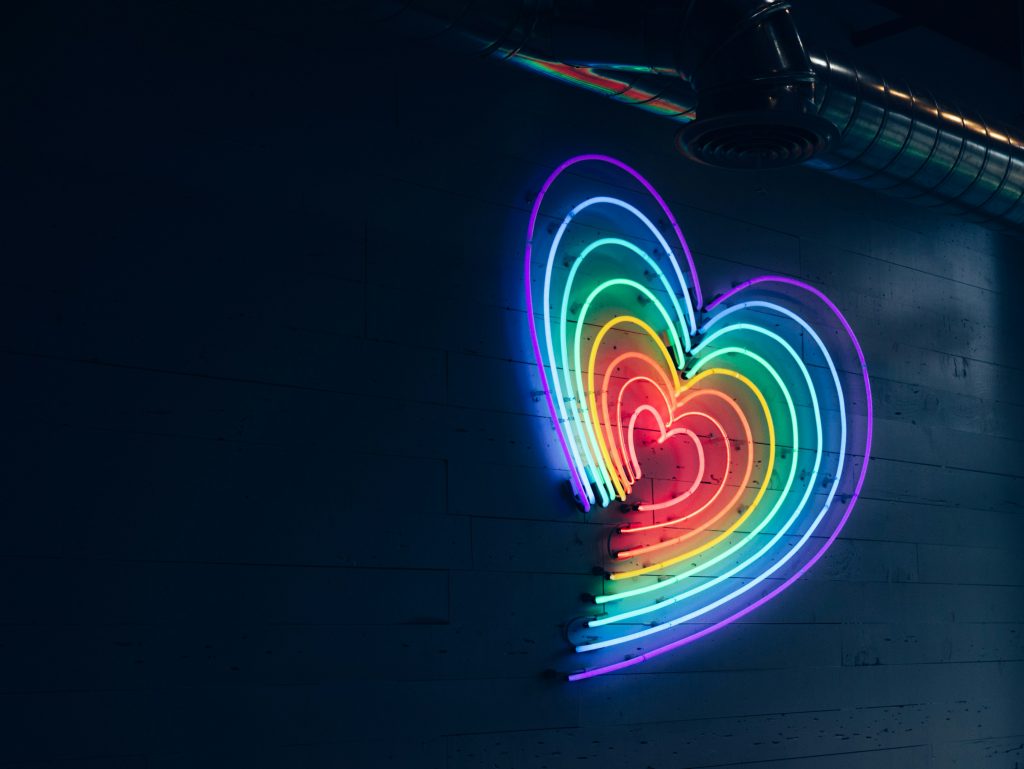
Serein Inclusion Team
3 min read
What we see online often plays a key role in breaking the mould of stereotypes. TV Shows have pushed forth in this domain, be it through the Chess masterpiece in the Queen’s Gambit or the Urdu dramedy in Chudails.
- All
- People and culture
- Domestic violence
- Life at Serein
Bystanders in harassment cases: Empathetic listening validates the victim without judgment. Offer support, resources & respect their choices. Your presence matters.
Compassionate leadership in crisis: Receive concerns empathetically. Listen fully without rushing to fix. Acknowledge emotions first; solutions can follow understanding.
Setting boundaries compassionately: Be clear & kind about your limits ("I can't take this call after 6"). Protect your energy to sustainably support others.
Compassionate leadership: Express challenges honestly but constructively. Share pressures transparently while focusing on shared solutions & maintaining team trust.
"Dear Zindagi" beautifully normalizes therapy & mental health conversations. It shows healing is a journey requiring self-compassion & professional support. Essential viewing.
PoSH defines it: Unwelcome physical/verbal/visual conduct of sexual nature creating hostile work environment or linked to employment decisions.
India’s diversity is its strength. Embracing DEI means actively confronting caste, gender, regional & religious biases to build truly equitable organisations & society.
Qantas leveraged diversity (gender targets, Indigenous engagement) not just ethically, but strategically, linking it directly to innovation & customer connection success.
From “office housework” to pay gaps & mansplaining, subtle (and not-so-subtle) gender bias persists in Indian workplaces. Recognising it is step one.
Generosity – giving time, resources, opportunity – is a powerful D&I act. It requires conscious choice and sustained will to uplift others & build community.
India’s LGBTQIA+ journey: A complex history of hidden love, legal battles & evolving acceptance. Choosing compassion over archaic law is the path forward.
Can tech drive inclusion? Yes! From bias-free AI hiring tools to accessible platforms & virtual ERGs, technology, used mindfully, can bridge gaps & empower.
Silence around domestic violence hurts workplaces too. Recognise signs, offer safe support systems & flexible policies to help survivors heal & retain employment.
India’s Domestic Violence Act protects both parties in live-in relationships. Understanding this legal recognition is crucial for safety & seeking rightful recourse.
Cinema often sensationalises domestic violence. Responsible storytelling should highlight realities, survivor strength & pathways to support, not perpetuate myths.
Gaslighting is psychological abuse making victims doubt their reality. Recognise manipulation tactics, trust your instincts & seek support to break free from this.
Women have the right to protection orders, residence, monetary relief & legal aid under India’s Domestic Violence Act. Knowing these enables survivors to be safe.
Consent & boundaries are key. Domestic violence shatters both. Rebuilding starts with respecting autonomy & recognising coercive control as a violation of rights.
A break doesn’t break your career. With patience, purpose, and a little ‘me time,’ a restart can be a reinvention – on your terms, in your time, with confidence.
Career breaks don’t erase capability. With experience, adaptability, and the right support, women returning to work can lead fast, thrive faster and uplift teams too.



